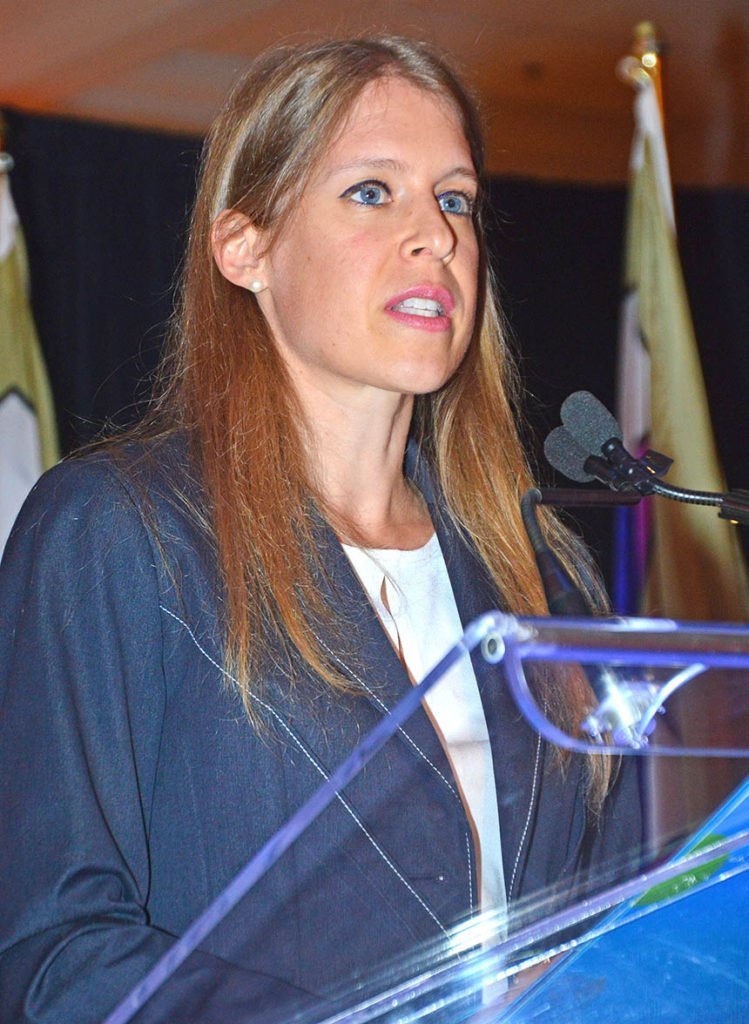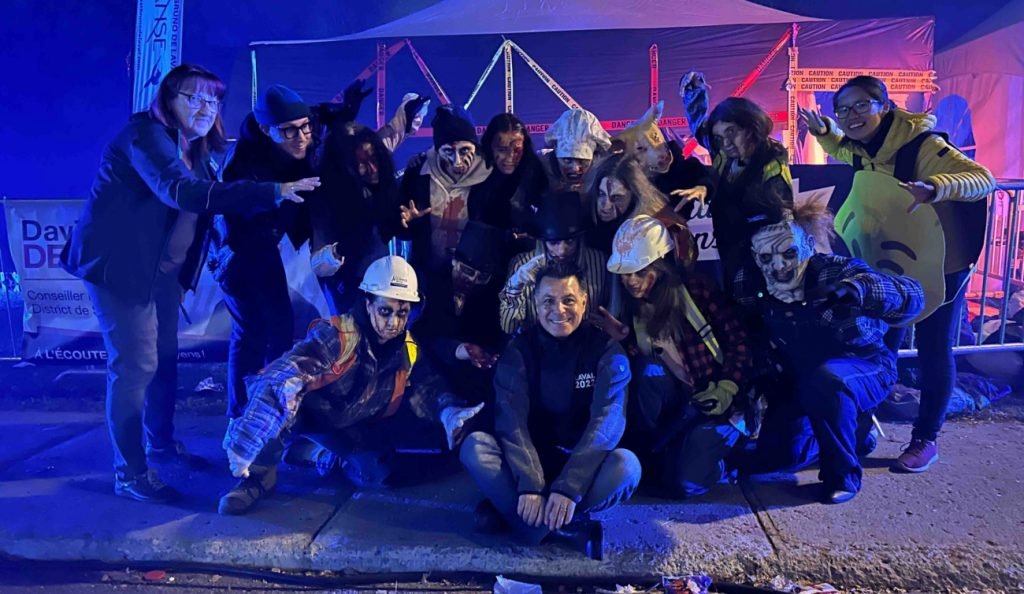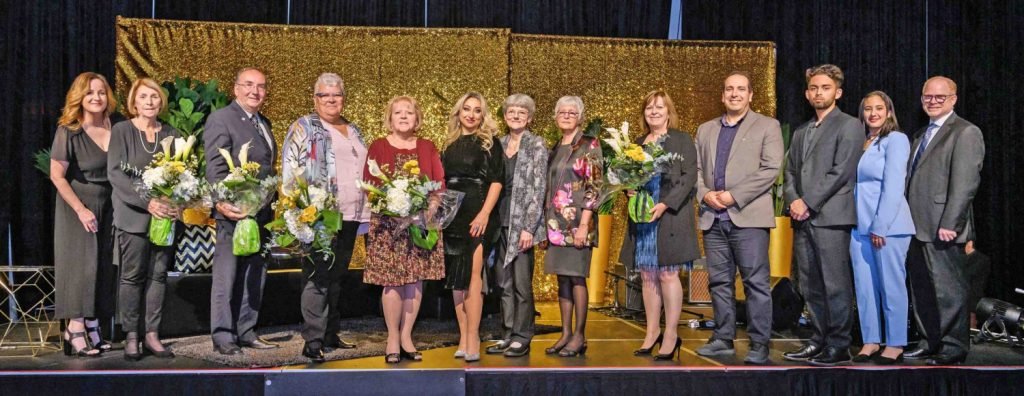Laval council gives Quebec Sign Language motion unanimous approval
During the September meeting of Laval city council, Saint-François city councillor Isabelle Piché reacted with great enthusiasm when a resolution she tabled to ask Quebec to recognize Quebec Sign Language as the province’s preferred signing method for the deaf was passed unanimously by the members of council.
Growing recognition
LSQ is recognized by several levels of government, including the federal government. The Ontario government recognizes LSQ in its legislation for the education sector.

“LSQ is part of the culture of Quebec and has unique peculiarities,” Piché said in a statement. “While what we did is beyond the limits of our municipality, it is the community as a whole that will benefit from these efforts.”
Message to Quebec
Piché said council’s unanimous decision places Laval’s city councillors in a position to lead on this issue across the province. “Our message to Quebec is a strong one, and it is all of the municipal council that unanimously agreed to make this request to Quebec,” she said.
According to several online sources, Quebec Sign Language (Langues des signes du Québec) is used primarily in Quebec, Ontario as well as New Brunswick, and is greatly influenced by French Sign Language (LSF) and American Sign Language (ASL).
Predominates in French
LSQ is said to have been first developed around 1850 by religious communities to help teach children and adolescents with hearing difficulties in Quebec. Since then, LSQ has become the predominant sign language amongst the Francophone deaf in Quebec and across Canada where French is spoken.
In 2007, Ontario passed legislation making it the only region in Canada at that point that recognized LSQ in any capacity. At the time, the province’s enabling legislation noted that “the Government of Ontario shall ensure that [ASL, LSQ and First Nations Sign Language] may be used in the courts, in education and in the Legislative Assembly.”
Federal recognition
In 2019, the federal government passed legislation which recognized ASL, LSQ as well as Indigenous sign languages as the primary languages for communication by deaf persons in Canada. The legislation also established the requirement of all federal information and services to be available in these sign languages.
In addition to these developments, there have been calls to modify Quebec’s Charter of the French Language to include provisions for LSQ. However, since then there has never been sufficient agreement to allow a bill to officialize the status of LSQ in Quebec to be passed.

Saint-Bruno children enjoyed a truly monstrous Halloween
Lausanne Park in the Laval district of Saint-Bruno was invaded Halloween night by a virtual army of little zombies, vampires and ghosts. The Halloween celebration was organized by local Action Laval city councillor David De Cotis.
An estimated 22,000 pieces of candy were handed out during the evening, and up to 8,000 people turned out. “The new facilities installed in the park in recent years have more and more become a meeting place for the citizens of the sector,” said De Cotis. “This is how we develop links while creating a strong community.”
Laval honours its volunteers with an evening out
On the evening of Oct. 27, the City of laval held a celebration for all the volunteers who worked arduously over the past year to make Laval a better place to live for all residents.
In all, 500 guests were brought together at the Château Royal in Chomedey for an evening of entertainment hosted by Élyse Marquis.
“Every day, thousands of volunteers give their time within more than 430 organizations in Laval,” said Mayor Stéphane Boyer. “These people make a difference in the life of their fellow citizens. Volunteering is the very essence of community involvement and an important aspect for the proper functioning of our society.”

The five ambassadors were:Benoît Brabant, of FC-Laval; Andrée Gignac, of Festivités de l’Ouest; Nicole McCann of the du Centre de bénévolat Moisson Laval; the Centre SCAMA; and the Centre jeunesse-emploi de Laval.



